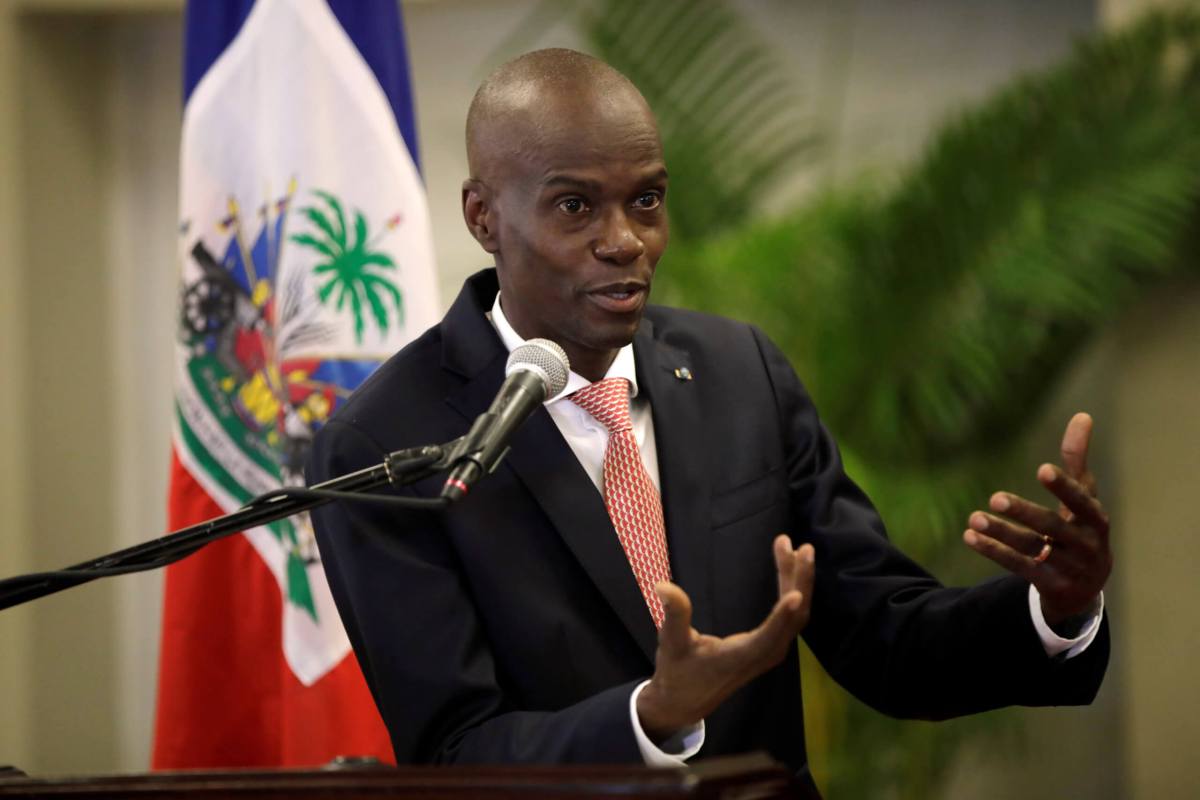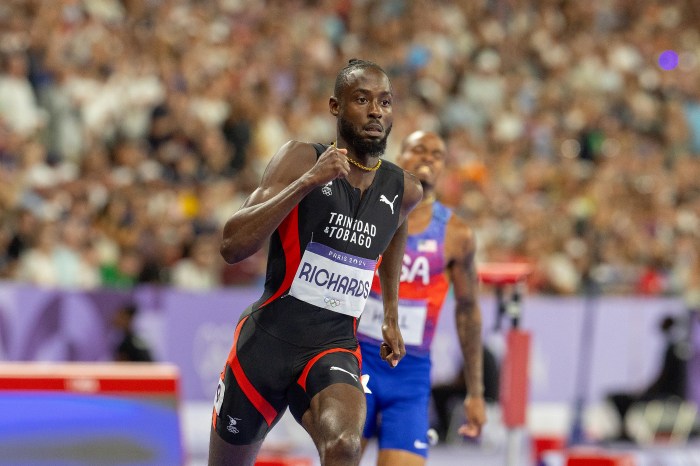Bahamas
The Bahamas government has removed the mandatory 14-day quarantine allowing visitors to stay at hotels, go to the beaches and enjoy some of the island’s world-famous excursions and activities but mostly importantly is to abide by the health and safety protocols.
Tourism and Aviation Minister Dionisio D’Aguilar said the new regulation came into effect last Sunday and, as a result the Emergency Orders will be revised to reflect that change.
He said when the Bahamas closed its borders in March to protect against the COVID-19 pandemic “never did we imagine that seven months later, the impact of the virus would remain so severe.”
He said, sadly, the Covid-19 pandemic continues to have a devastating impact on global tourism, adding that the latest data from the World Health Organization (WHO) showed that the international tourism is down a whopping 70 percent.
D’Aguilar said what’s more, the World and Travel Tourism Council just released new research indicating that 174 million travel and tourism jobs could be lost in 2020 I f global travel restrictions remain in place.
The Tourism Minister even though the talk now is about a reopening, the facts on the ground are that The Bahamas has been open to international travel for many months now.
He said that persons have always been free to leave The Bahamas without any restrictions and a number of airlines, JetBlue, Air Canada and more recently American Airlines have been bringing in travelers, mostly returning residents and citizens, using an extremely reduced schedule.
Barbados
More than 200 Christians from different churches recently participated in the third of five marches organized by the religious group Family-Faith-Freedom Barbados.
Executive director of the religious group Dr. Veronica Evelyn has urged Christians island-wide to stand up for what is right by protesting against the government’s proposal to legalize same sex unions.
According to Dr. Evelyn, the government is committing Barbados to a non-negotiable global agenda that entails much more than initially bargained for.
She said the implications of buying into this godless, sexual rights ideology that is built on lies, twisted truths and intimidation.
Dr. Evelyn said her group will continue to lift its voice to speak the truth to the nation.
In September, the Mia Mottley-led administration revealed plans to soon recognize same-sex civil unions.
The move was announced by Governor General Dame Sandra Mason, as she delivered the Throne Speech.
She said the government is prepared to recognize same-sex civil unions to ensure that same-sex couples will have equal rights.
Caribbean
A new report by the United Nations Environment Program (UNEP) has warned that used vehicles exported from richer countries are contributing to increased air pollution in developing nations, such as those in the Caribbean are hindering efforts to mitigate the effects of climate change.
The study — the first-ever of its kind — found that 14 million used cars, vans and omnibuses were exported worldwide from Europe, the United States and Japan between 2015 and 2018.
The report says about 80 percent went into low and middle-income countries.
UNEP’s Executive Director Inger Anderson said cleaning up the global vehicle fleet is a priority to meet global and local air quality and climate targets.
She said over the years, developed countries have increasingly exported their used vehicles to developing countries because this largely happens unregulated of exporting polluting vehicles.
UNEP said the report is based on an in-depth analysis of some 146 countries.
Guyana
The United States State Department has approved the sale of four helicopters and related equipment to Guyana at an estimated cost of US$256 million.
The Defense Security Corporation Agency (DSCA) recently delivered the required certification for the Bell 412Epi and 429 helicopters and related equipment, notifying Congress of the possible sale. The notice of a potential sale is required by US law.
A news release from DSCA noted that “this proposed sale will support foreign policy and national security of the United States of the United States by helping to improve the security of Guyana, which is expected to grow to be an important force for political stability and economic progress in South America.”
The proposed sale of the helicopters will improve Guyana’s capability to meet current and future threats, it said.
In 2019, the Guyana government requested to buy the Bell 412 Epi Light Utility helicopters with customer-unique modifications, two Bell 429 Light Utility helicopters with customer-unique modifications, two WESCAM MX 10 cameras, mission equipment and contractor-provided pilot and maintainer training.
Also requested were ground support equipment, spares, publications, technical assistance, transportation repair and return and other related elements of logistics and program support, according to the DSCA.
Haiti
Haiti’s President, Jovenel Moise, is moving to have a national debate on a new constitution for the French-speaking Caribbean country ahead of a referendum on the new document early next year.
Moise, who last month had sworn in the members of the Independent Advisory Committee for the development of a draft of the new constitution, said the “draft constitution will be debated.”
He said the debates will last a month, after which there will be a referendum on the final document between February and March 2021.
Moise had earlier recalled that he had campaigned on constitutional reforms and, as a result of his victory, Haitians had voted to make changes to the existing constitution.
He said following the referendum, regardless of the outcome, he will organize the elections for the country.
Organization of American States (OAS) Secretary General Luis Almargo has told Haiti it is “essential for institutional continuity that elections take place no later than January 2021.”
Jamaica
The United States Department of State’s Bureau of Oceans and International Environmental Scientific have given Jamaica US$2.45 million for a reef restoration project in the eastern parish of St. Mary.
According to the US Embassy in Kingston, the Oracabessa Marine Trust’s reef restoration project will involve a range of activities to help fight off disease and algae, solidify the reef structure and protect it from boat traffic over 18 months.
The embassy said in a statement: “This includes growing and transplanting a wide variety of coral to the reef, which will better protect it from the disease. Since sea urchins clean algae on reefs, the project will also support growing sea urchins in tanks and transplanting them to the reef, along with existing populations from other locations.”
The project is expected to have a positive impact on both the fishing and tourism sectors in the areas, given that the site is a major asset for the tourism sector, as the reef itself is highly visited and appreciated by drivers and snorkelers from hotels along the north coast.
Trinidad
Prime Minister Dr. Keith Rowley says that the CARICOM travel bubble is more of an expectation than a reality.
It was expected that members of CARICOM countries within the bubble would not have to take a COVID-19 test, or be quarantined on entry in order to travel between counties.
Dr. Rowley said Caribbean leaders set 20 new daily infections as the target for countries to participate in the bubble but it was difficult to agree on what it should be.
Speaking at a press conference recently at the Diplomatic Center, Port of Spain Dr. Rowley said different countries had different priorities, saying for example some had to open international travel early because their economy relied on tourism.
He said instead, countries were developing and testing out nation-specific protocols, adding that a bubble was difficult to manage and maintain.
The prime minister noted that Trinidad and Tobago had continuous travel with Barbados. He said T&T was in conversation with the Guyanese authorities to improve travel connections.
Instead, he said, the government was more focused on local reactions to changes being made to COVID-19 protocol.
— Compiled by Azad Ali

























